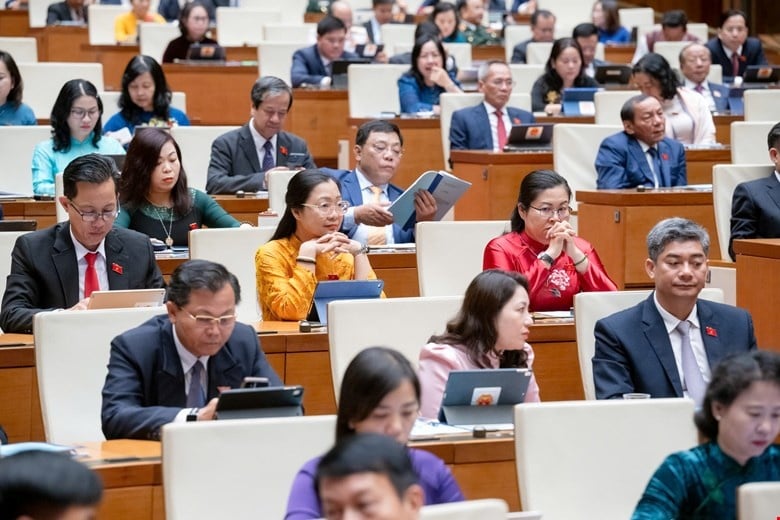 |
| View of the parliament |
Adjusting taxable entities to create flexibility and fairness
The National Assembly Standing Committee emphasized that the draft Law on Special Consumption Tax (amended) has been carefully revised based on the opinions of National Assembly deputies, to ensure that it is consistent with the socio -economic context and the interests of people and businesses. One of the outstanding contents is the regulation on taxable subjects for air conditioners, which have become a common need in life. To meet the practical needs, the draft law has been revised in the direction of only applying special consumption tax to air conditioners with a capacity of over 18,000 BTU to 90,000 BTU, not collecting tax on air conditioners with a capacity of less than 18,000 BTU or over 90,000 BTU. This regulation helps reduce the tax burden for people using small capacity air conditioners and businesses using large capacity air conditioners, ensuring flexibility and fairness.
Adding sugary soft drinks to the list of products subject to special consumption tax is considered a strategic step to limit the production and consumption of products with high sugar content, contributing to reducing the risk of overweight, obesity, and non-communicable diseases. The National Assembly Standing Committee agreed to keep this provision in the draft law, and at the same time proposed that the Government continue to study international experience to consider adding other sugar-containing products to the list of products subject to tax in the future. Realizing that this is a new taxable item, the draft law was revised to provide a roadmap for applying the tax rate: 8% from 2027 and increasing to 10% from 2028. This roadmap allows businesses time to adjust their production and business plans, switch to products with low sugar content, and minimize the impact on business operations.
Exported goods that are returned and imported into Vietnam are also being adjusted to ensure fairness. In principle, exported goods are not subject to special consumption tax, but when re-imported, they are subject to the same tax as other imported goods. However, for goods sold through commercial enterprises for export, the manufacturing or importing enterprise has paid special consumption tax, leading to the risk of being taxed twice if the goods are returned. The draft law has been adjusted to stipulate that exported goods that have paid special consumption tax, when returned and imported, are not subject to tax, avoiding the situation of double taxation, the National Assembly Standing Committee said. Similarly, goods imported from abroad into bonded warehouses for export to other countries are added to the list of goods not subject to tax, in accordance with the principle of only imposing special consumption tax on consumer goods in Vietnam.
Consider the economic and public health impacts of tax rate increases
The National Assembly Standing Committee stated that the tax rate adjustments in the draft law were carefully considered to promote the goal of protecting public health while ensuring the business environment and economic growth. For pickup trucks, the draft law initially proposed to raise the tax rate to 60% of the tax rate applied to cars with less than 9 seats and the corresponding capacity. However, this provision could significantly affect production, business activities and the investment environment. Therefore, the draft law was revised to increase the tax rate by 3% per year, starting from 2027, reducing the increase and extending the roadmap compared to the original proposal, creating conditions for businesses to adapt.
Regarding tax rates on alcohol, beer, and tobacco, the draft law initially submitted at the 8th Session proposed two options for tax increases, prioritizing the option of a radical increase to strongly impact the selling price, thereby reducing consumption and overcoming the consequences of the abuse of these products. However, in the current economic context, with a growth target of 8% or more, the National Assembly Standing Committee approved the Government 's proposal to apply option 1, with a lower tax rate than option 2, starting from 2027. This provision, expressed in Article 8, aims to balance the goal of protecting health and supporting economic growth.
The authority to amend and supplement taxable and non-taxable subjects is also adjusted to conform to the Constitution. The National Assembly Standing Committee proposed that in cases where it is necessary to amend and supplement taxable or non-taxable subjects to suit the socio-economic context, the Government will submit to the National Assembly Standing Committee for consideration, decision, and synthesis into a report to the National Assembly at the nearest session. This provision ensures transparency, protects citizens' rights and tax obligations, and increases flexibility in tax administration.
Source: https://thoibaonganhang.vn/luat-thue-tieu-thu-dac-biet-sua-doi-huong-den-can-bang-suc-khoe-kinh-te-va-quyen-loi-doanh-nghiep-163959.html




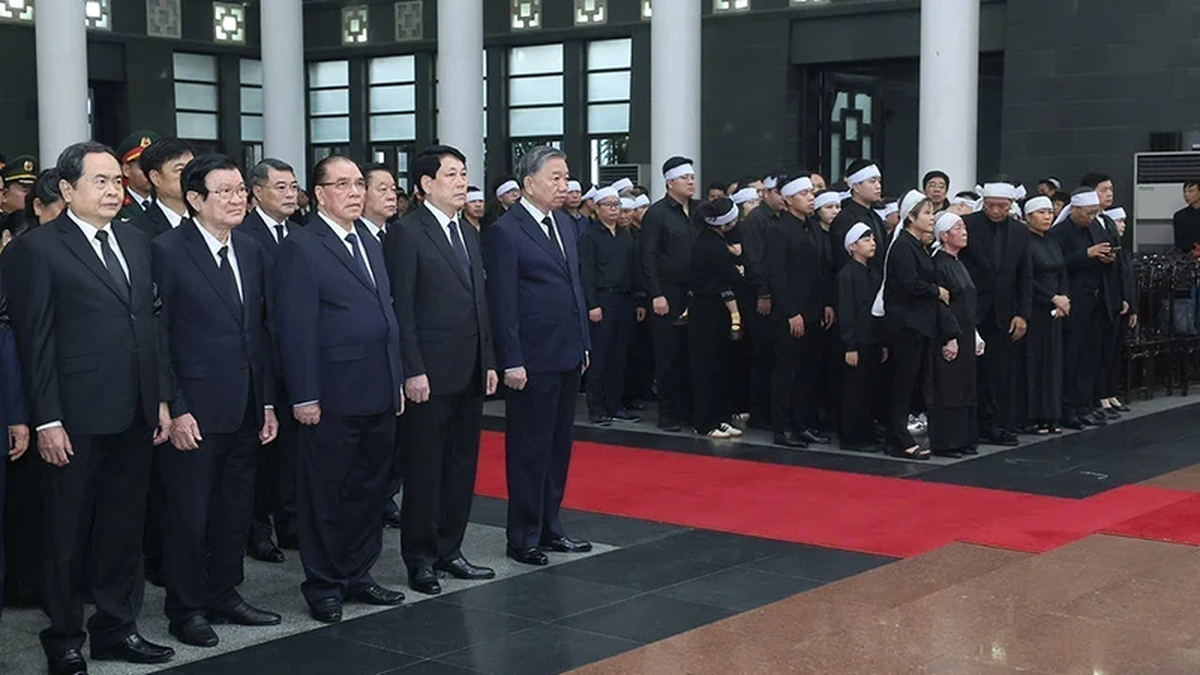
![[Photo] The Government Standing Committee works with ministries and branches on the real estate market situation.](https://vphoto.vietnam.vn/thumb/1200x675/vietnam/resource/IMAGE/2025/5/24/e9b5bc2313d14c9499b8c9b83226adba)








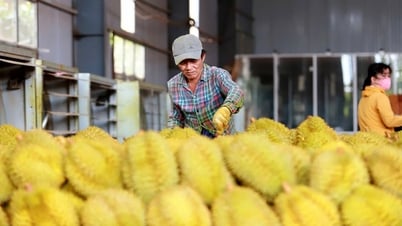












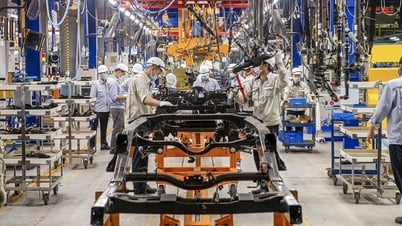


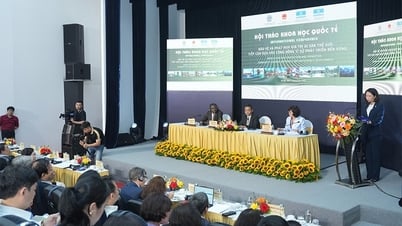














































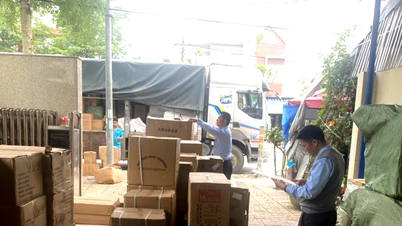




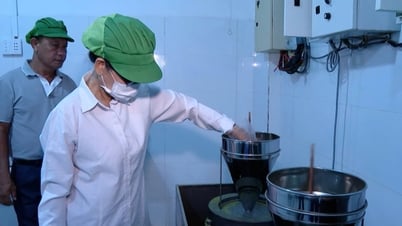











Comment (0)